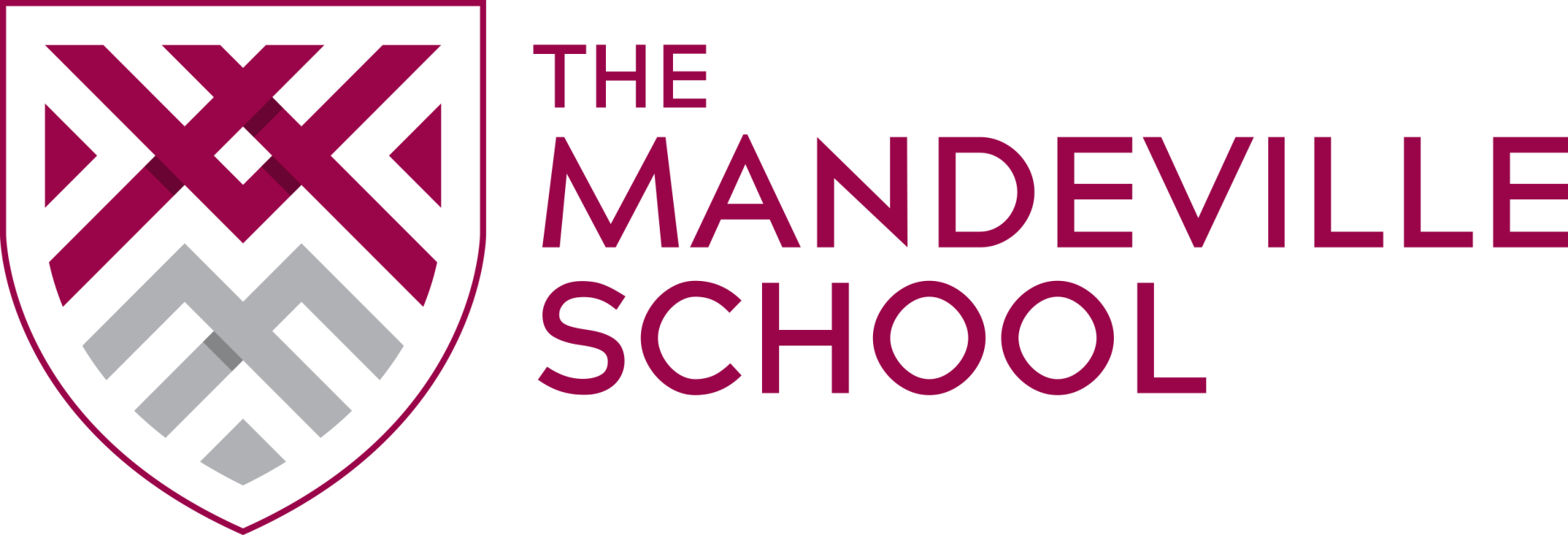Key Stage 4 religious studies
The general consensus in religious studies is that we find commonality within diversity. The key is to identify the things which unite as opposed to divide us despite the myriad of human experience. A complex and controversial perspective would be to ask how do we find harmony where no such commonality exists, despite our best efforts to locate it. This debatable position is exactly what we intend to do here at Mandeville; to take the seemingly obvious and complicate it. Why? Because nothing is as easy as it first appears. The curriculum is designed to produce free-thinking individuals who will apply critical reasoning in either a professional or a personal capacity. No student is expected to become an expert in a particular field, but will develop that ineffable capacity to reason. The ultimate goal is to allow students to become erudite adults that are capable of producing abstract ideas, theories and cultural capital in philosophy, literary criticism, sociology, law, medicine, or science.
KS3 takes a broad approach to the study of religion, secularism and philosophy as separate entities as well as their overlapping consensus and divergence. Dealing with conceptual and applied ideas the aim is to expose students to an array of religious beliefs, meta-ethical theories, and applied dialectics. The first term of year 7s is crucial in achieving this. The curriculum lays the building blocks of critical thinking and reasoning. Lesson by lesson this foundation period uses familiar religious texts and a thematic approach to develop these skills. Each topic is scaffolded to build on prior knowledge and develop the skills further. This is a demanding process that slowly develops an intellectual curiosity, and capacity to identify and question seemingly obvious and unchallenged attitudes. Each topic requires essentially the same skills in that judgment, reasoning, rationalism and logic are at the heart of each subject. However, as each student develops through the ks3 years the complexity of each subject increases and the necessity of reconciling contradictions becomes more apparent. By year 9 students will be required, and able to hold two or more contradictory ideas in their head at the same time, recognise the problems, identify the links between them and recognise potential solutions.
By KS4 our students are better prepared for the rigours of the requirements of the GCSE. Many students choose to develop their skills further in KS5 where they acquire new knowledge in the field of academic philosophy. Whilst this is a propaedeutic study, it is nevertheless an opportunity acquire a meaningful understanding of ideas. In doing so, our students achieve an insight beyond the prosaic.
LINKS TO THE WHOLE-SCHOOL CURRICULUM
The Religious Studies curriculum is aligned to the whole school Curriculum. The Religious Studies curriculum is designed to establish a kind community where everyone perseveres, achieves and flourishes; where we enable all the experience life to the full. In the Religious Studies department we maintain the Mandeville School Curriculum Principles:
A kind community through a curriculum that respects the diversity of our school, valuing our rich knowledge, history and experiences.
Perseverance and achievement through a curriculum that is well sequenced, developing understanding, building retention and leading to academic achievement. Firm foundations in a three-year Key Stage 3 provide grounding for success in Key Stage 4, Key Stage 5 and beyond.
Flourishing through a curriculum that nourishes personal development by giving students opportunities to explore their identity and grow their character. Students are equipped with knowledge of how to be healthy, sustain positive relationships and maintain wellbeing so as to have the information needed to be able to make an effective contribution to society.
Enabling students to experience life to the full through a curriculum that inspires and enriches them with meaningful knowledge and cultural capital. High aspirations mean students study a broad range of subjects in Key Stage 3 and have a variety of routes through Key Stage 4 and 5 which are challenging and aspirational.
CURRICULUM MAP
Religious Studies KS4 Curriculum Map







